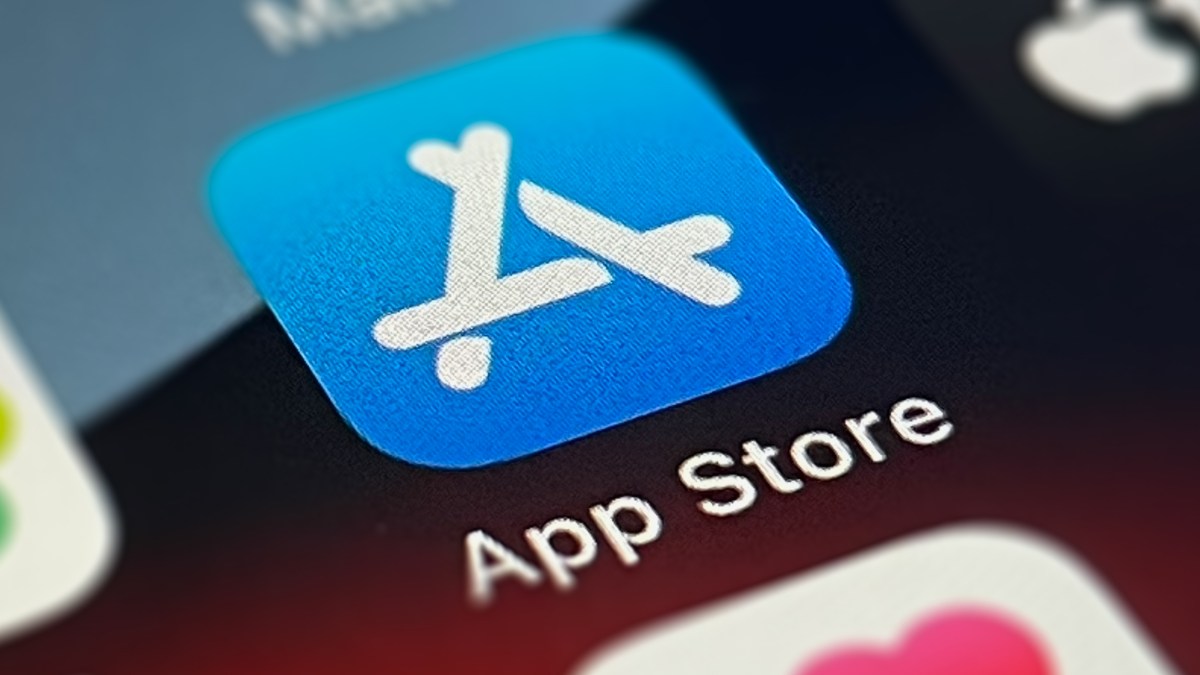Introduction to App Store Policy Changes
Epic Games, the creator of Fortnite, and Spotify are putting Apple’s new App Store policies to the test. Both companies have submitted updated versions of their apps for review, which would have been rejected under previous guidelines. This move comes after Apple lost a major antitrust lawsuit filed by Epic Games, resulting in changes to the App Store’s payment processing and in-app purchase rules.
Background on Epic Games and Fortnite
For Epic Games, the approval of their updated app would mean the return of Fortnite to the App Store. Apple removed the game in 2020 and terminated Epic’s account after the company introduced direct payments in Fortnite, bypassing Apple’s in-app purchase system. This move was a precursor to Epic’s antitrust lawsuit against Apple.
Spotify’s App Update
Meanwhile, Spotify is seeking to allow its users to purchase individual audiobooks directly and enable Premium subscribers to buy additional hours for audiobook listening. This update follows the approval of Amazon’s Kindle app, which added a “Buy Book” button, and Spotify’s previous update, which allowed U.S. users to access pricing information and external payment links.
Impact on the App Store Ecosystem
As more companies take advantage of the new App Store policies, the ecosystem is likely to see significant changes. For tech giants like Epic and Spotify, these changes are about increasing revenue, but for smaller developers, they could be crucial for survival, enabling new business models to emerge.
The Antitrust Lawsuit and its Aftermath
The updated App Store policies were introduced after a federal judge ruled that Apple had not complied with court orders regarding in-app purchases. Although Apple largely won the lawsuit, the judge directed the company to be more competitive in payment processing. This ruling has far-reaching implications for the app development community.
Techcrunch Event
Berkeley, CA
|
June 5
Changes to App Store Payment Processing
Previously, Apple required developers to apply for permission to link to external websites for purchases, and then format these links according to Apple’s guidelines, including the use of “scare screens” to warn users about the risks of external purchases. Apple also charged a commission of 27% on these web sales.
A New Era for App Developers
The judge’s ruling has forced Apple to drop its anticompetitive barriers, allowing developers to link to web purchase options without additional requirements or commissions. This change is expected to have a significant impact on the app development community, enabling new business models and increasing competition in the App Store.
Source Link





